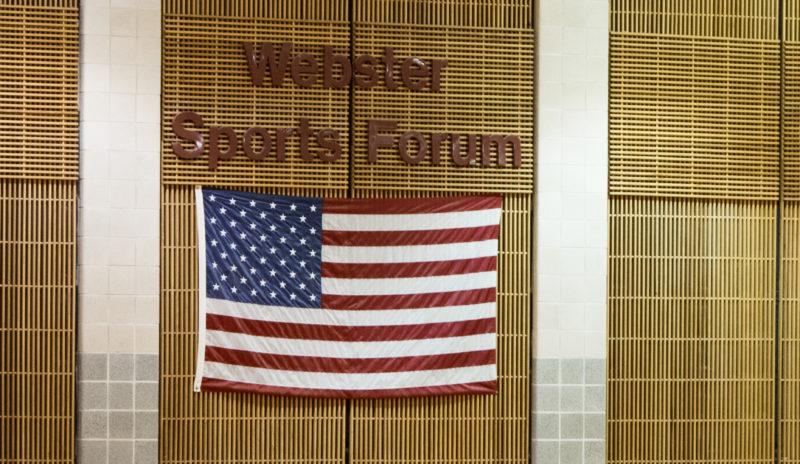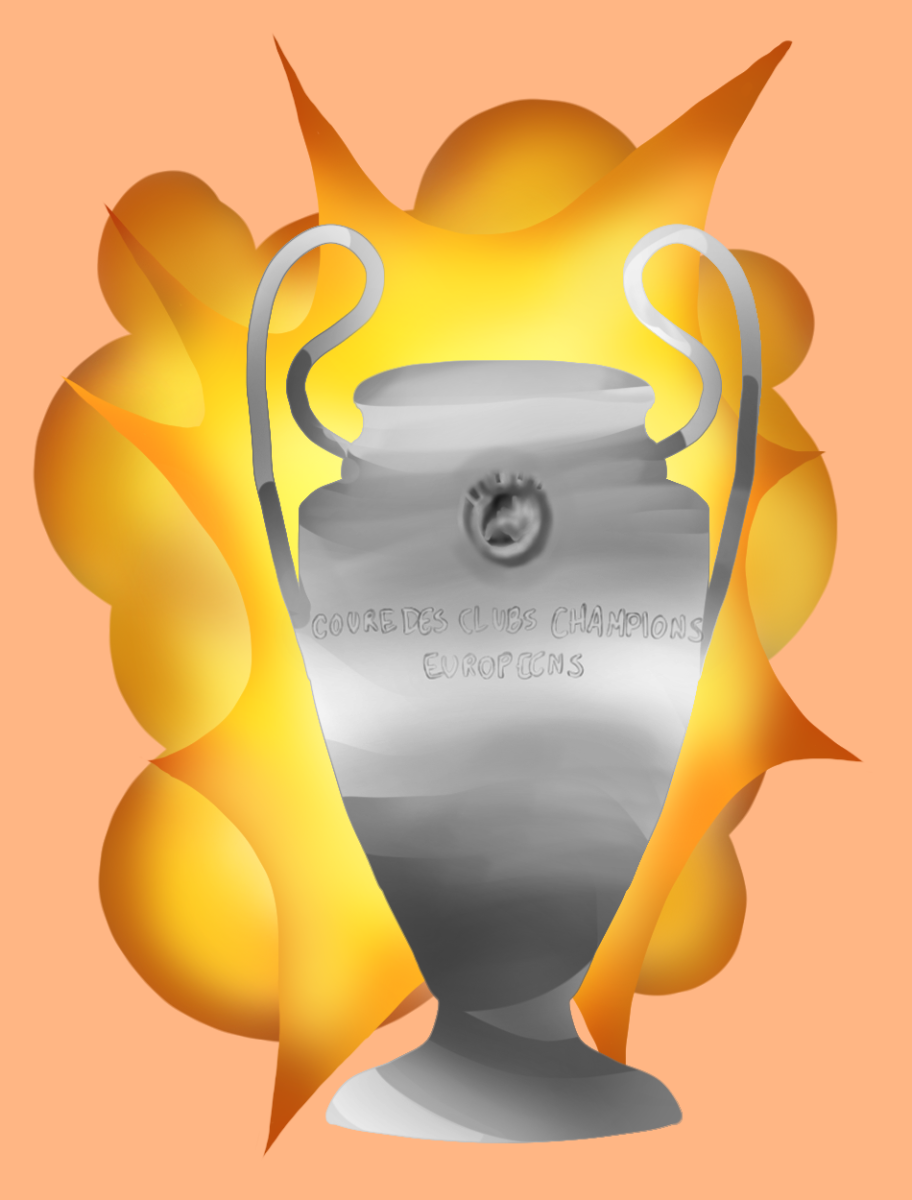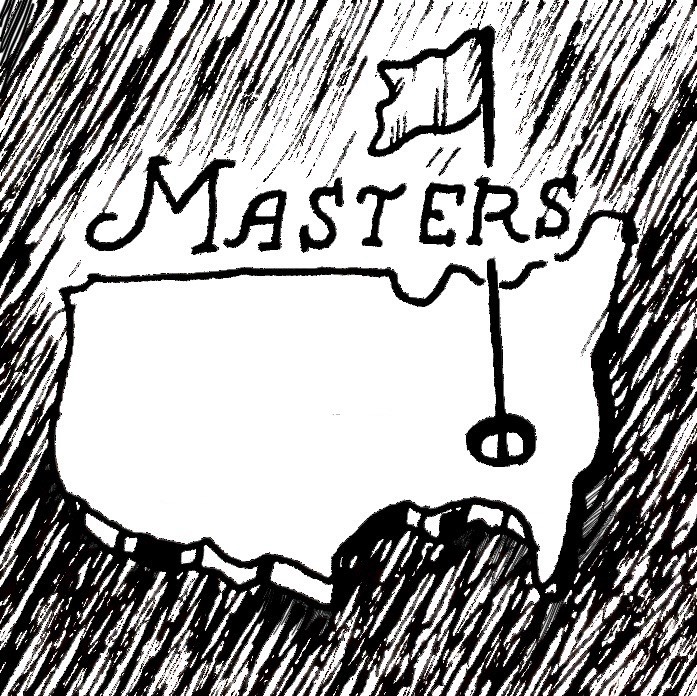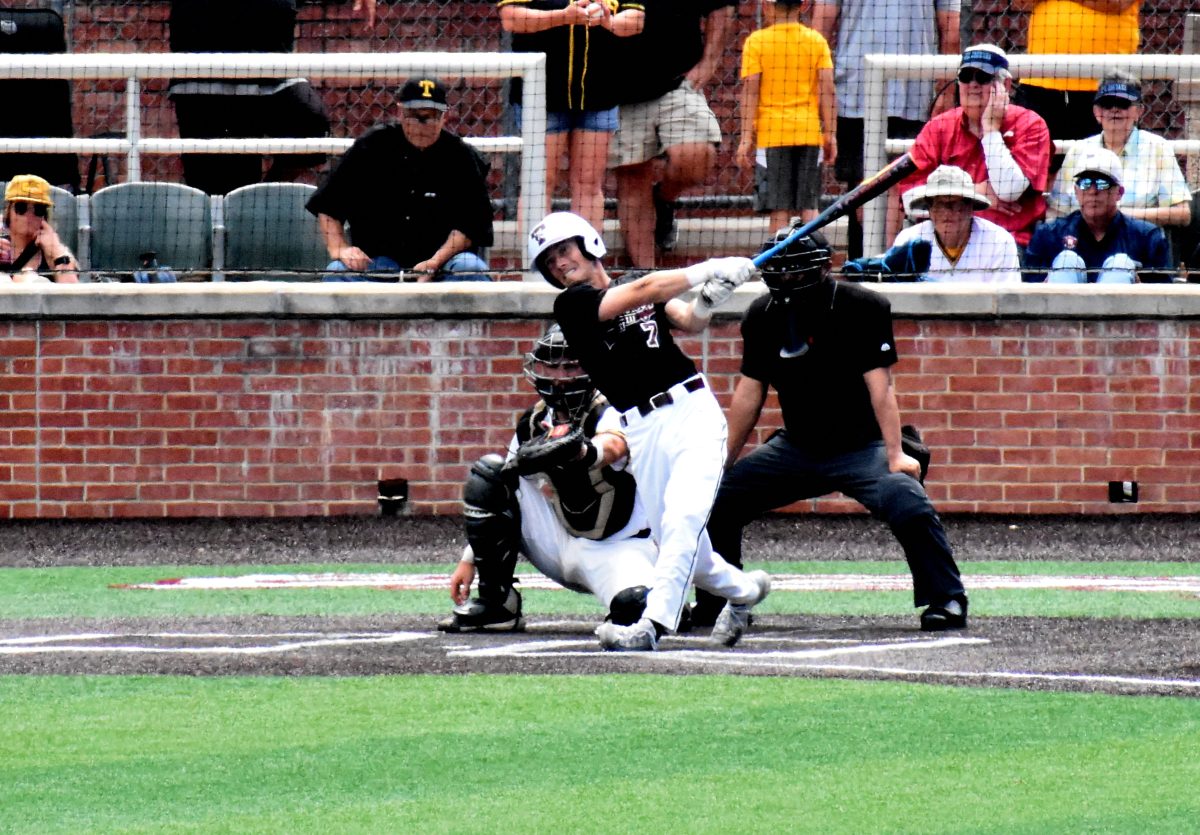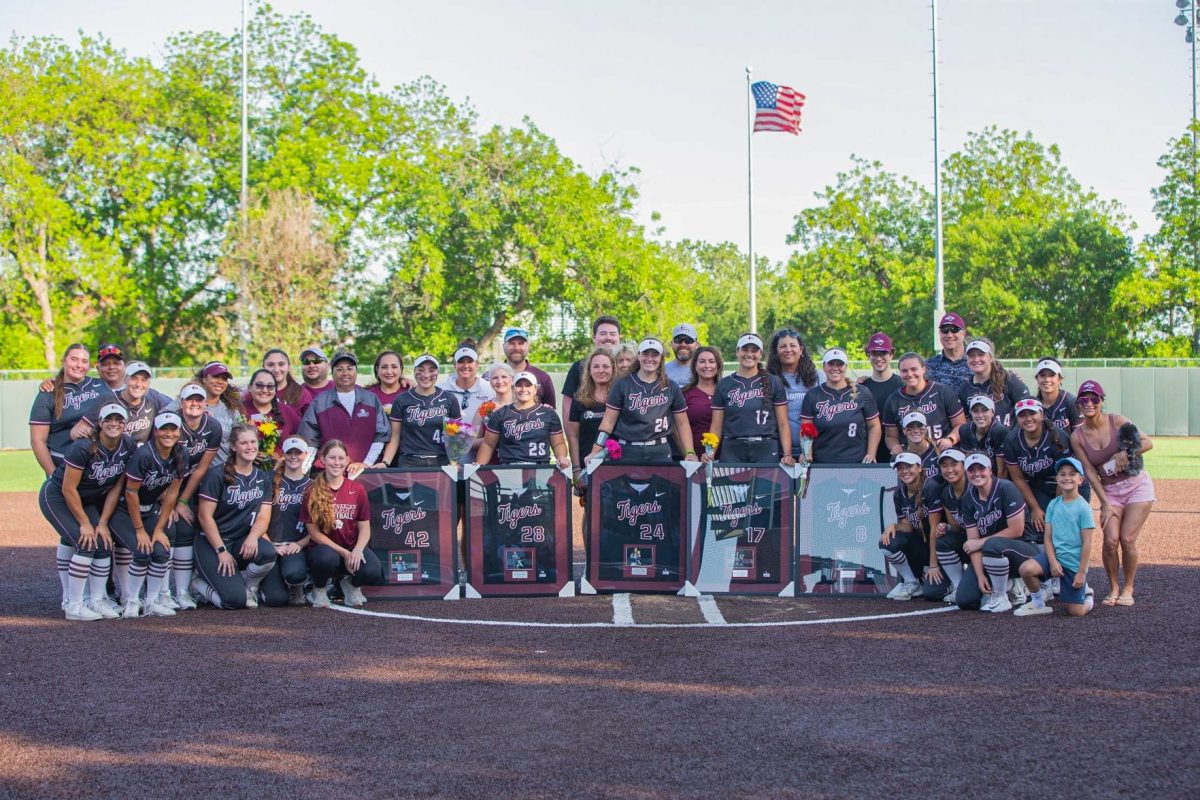If you have consumed any sort of media this past week or two, chances are you have seen and heard all about the national anthem protests that are sweeping across the nation. Athletes from the NFL, MLB, WNBA and more have been “˜taking a knee’ during the national anthem, which has sparked controversy from league owners, fans and players alike. Players and fans have taken many different stances on the issue, but most of the controversy stems from two issues:
Why are the players kneeling in the first place, and are sports events an appropriate place to protest?
Some believe kneeling is disrespectful towards the military and those who serve our country to protect our flag, and others say they are kneeling for reasons much greater than that. Some believe sports aren’t the right platform to speak out against injustice; for others, sports are one of the best places to bring these issues to light.
“Historically, sport has been a site where protest has occurred, and for no small reason. If an athlete is part of a group that’s been historically marginalized, being famous or having a name due to being good in a sport has given them a platform that they would not otherwise have,” said Jacob Tingle, director of experiential learning and sport management chair.
Protest within sports has been happening for hundreds of years; some of the most prominent examples are civil activist and NFL Hall of Famer Paul Robeson, civil activist and the first African American MLB player Jackie Robinson and gender equality advocate and tennis Hall of Famer Billie Jean King. Perhaps one of the most famous instances occurred in the 1968 Olympics, where Tommie Smith and John Carlos raised their fists to salute the Black Panthers during their medal ceremony.
As of late, Colin Kaepernick has been at the forefront of this narrative.
In September of 2016, Kaepernick kneeled during the national anthem for the first time.Since then, he has been ridiculed, ostracized and has not been picked up by any team in the NFL, even though he averaged 187 yards per game in his final season with the San Francisco 49ers. Tingle thinks Kaepernick was fully aware that this ostracization might occur.
“Craig Hodges is a huge example. He played with Michael Jordan for the Chicago Bulls and in advance to one of their team visits to the White House wrote a letter to George Bush talking about social justice issues, and if you look at Craig Hodges compared to Colin Kaepernick … he was also ostracized from the NBA and never played again,” Tingle said.
At the time, Hodges was one of the best three-point shooters in the NBA and had just won a championship.
“I think Hodges knew what he was doing and knew what he was giving up. I would like to think that if Kaepernick didn’t know that at the time, he has come to realize that it’s OK if he never plays again,” Tingle said.
The Trinitonian asked some Trinity athletes and staff to get their opinions on the protest. Some Trinity athletes believe that using other forms of protest, outside of the game itself, would be a more viable option.
“I don’t think it’s the best outlet for it, but maybe you could say something during an interview, but just not during a game,” said junior basketball player Kelsi Ballard.
Tingle thinks otherwise.
“Athletes that have this platform and a voice have to use it, because we might not listen to them in other ways. It’s easier for us to tune out a press conference, and it’s easy for us to not read an op-ed, but when the protest is done in the arena, we have to address it,” Tingle said.
Joel Holmes, a junior football player, believes the media has twisted the narrative of the protests into something it was never meant to be.
“People in the media have tried to shift the agenda and make this about Kaepernick being unpatriotic, although several veterans have spoken up in support of his protest,” Holmes said.
Jillian Cready, a sophomore basketball player, believes sports serve as the perfect platform for issues to be addressed.
“Sport is a reflection of our society, so if no one protests, we’re basically saying that we’re okay with what’s going on,” Cready said.
Despite the arguments that grow from the protests, Cready believes it’s good to bring these topics to light.
“It sometimes does make a divided nation, but if you want change, you’re going to have to do something to make those conversations happen,” Cready said.
Holmes agrees.
“I believe that as long as injustice is present in American society, athletes, celebrities and anyone with the ability should use their platform to enlighten the masses and bring attention to issues until there is change,” Holmes said.
When looking at all of the protests going on in sports right now, Tingle thinks we need to understand the history of the United States.
“It seems trite, but if people don’t understand the history of the United States and how complicated it is, it’s going to be really hard for you to understand why Colin Kaepernick is protesting social justice and equity and equality in the judicial system in the United States,” Tingle said.
Although these types protests, debates and discussions might make us feel uncomfortable, it is crucial to have these sorts of conversations.
“For the students at Trinity, it’s completely okay to feel uncomfortable, but at those moments of disjuncture and discomfort is where growth can happen,” Tingle said.

